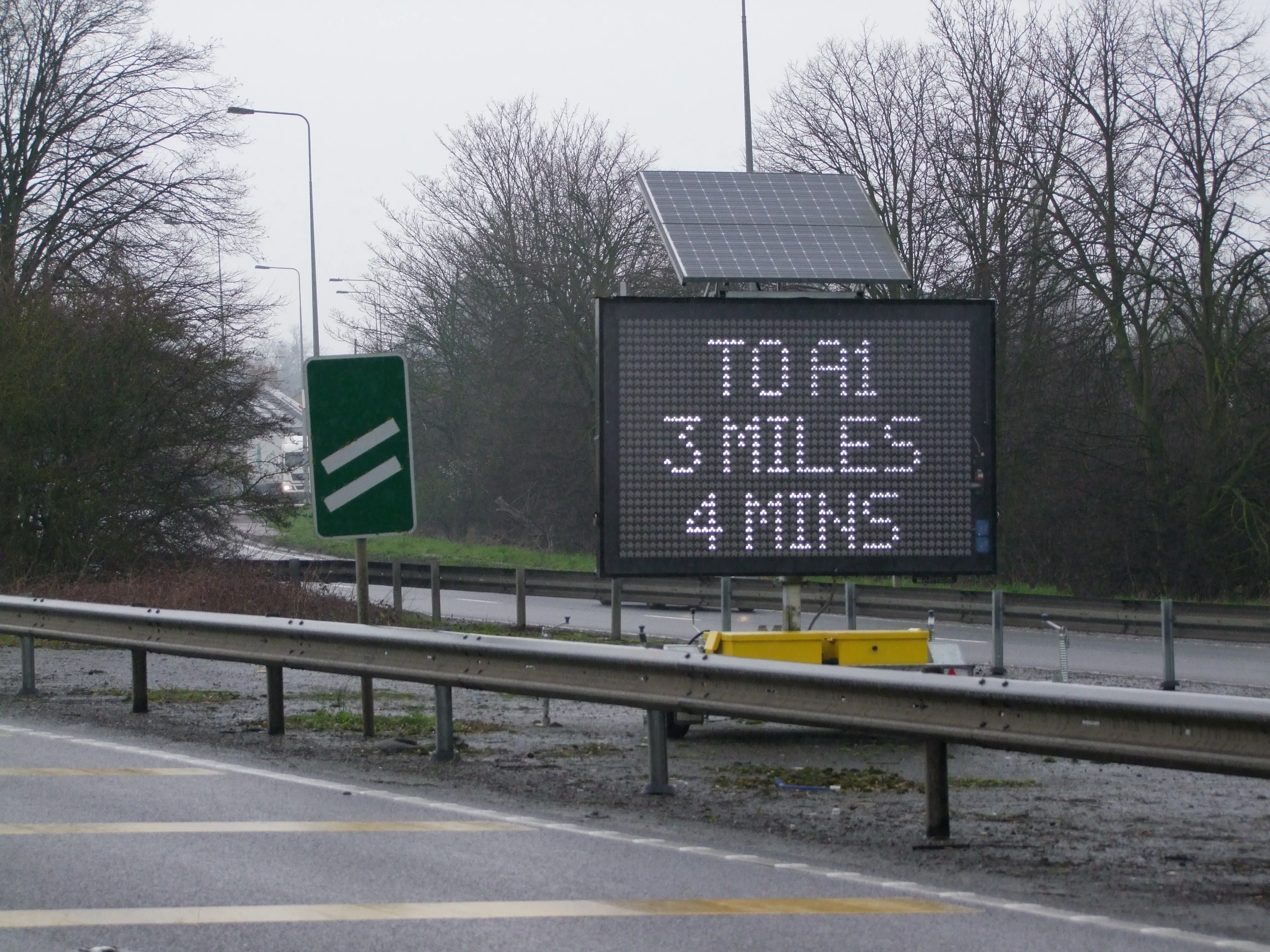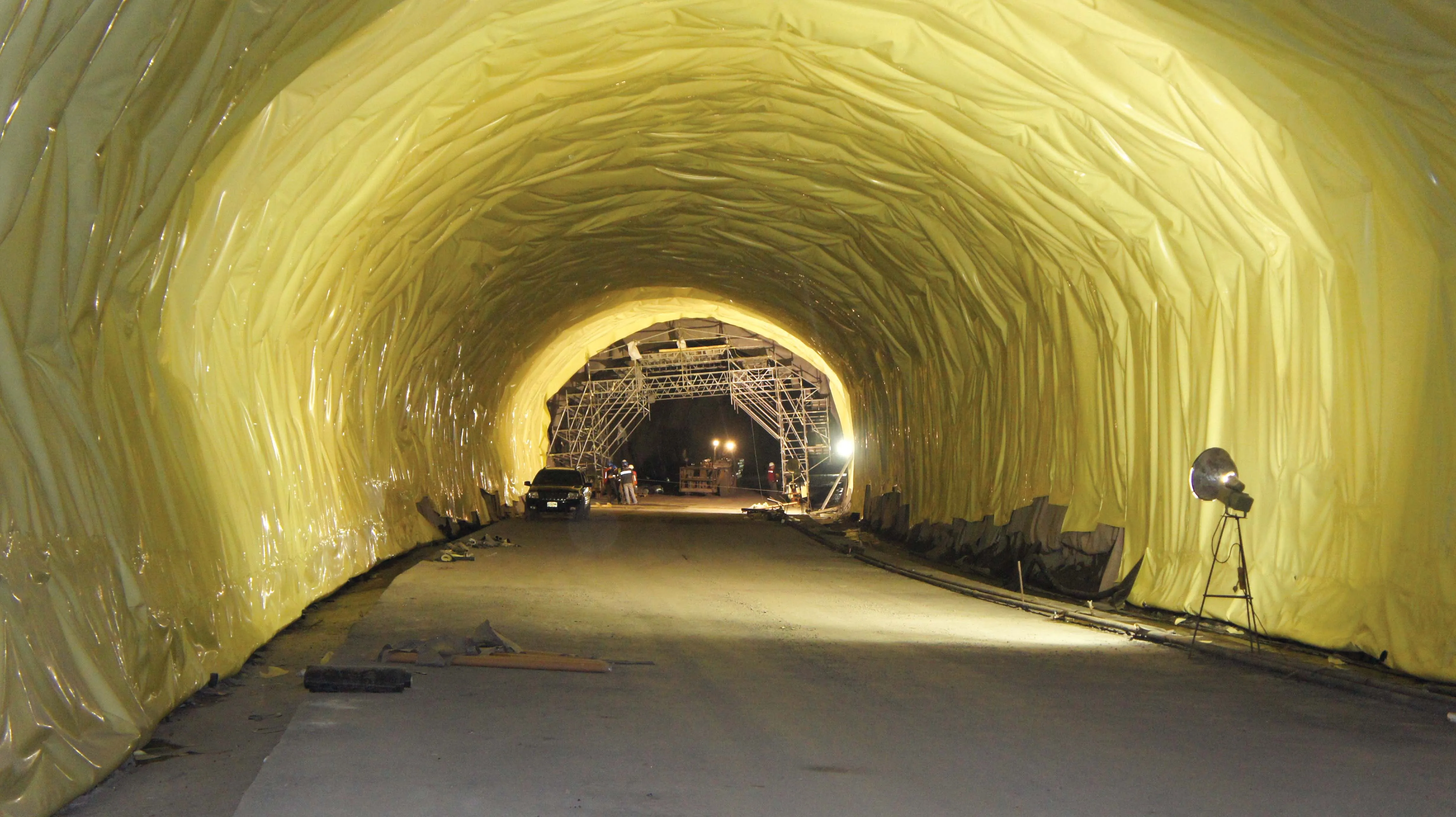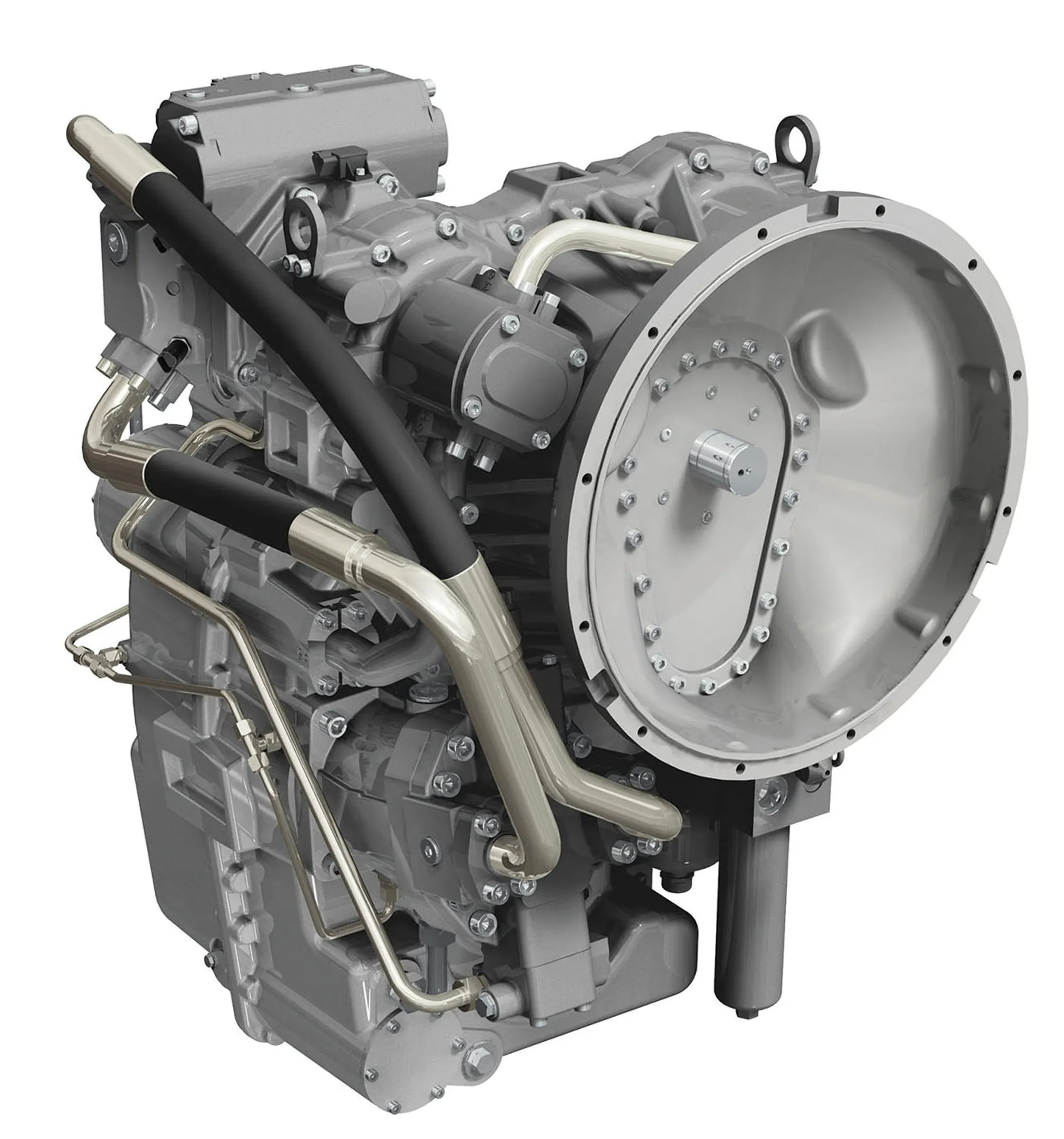Audi has let its sophisticated autonomous RS7 performance car loose on the famous Hockenheim race circuit, with successful results. The vehicle features advanced computing technology that allows it to drive itself and was able to achieve speeds of 240km/h while completing a lap on the Grand Prix race circuit. A combination of GPS location data and onboard camera technology enabled the vehicle to compare with stored track map information and identify its precise location on the track, allowing it to drive at
January 14, 2015
Read time: 1 min
Audi has let its sophisticated autonomous RS7 performance car loose on the famous Hockenheim race circuit, with successful results. The vehicle features advanced computing technology that allows it to drive itself and was able to achieve speeds of 240km/h while completing a lap on the Grand Prix race circuit. A combination of GPS location data and onboard camera technology enabled the vehicle to compare with stored track map information and identify its precise location on the track, allowing it to drive at the appropriate speed and in the correct direction. The car was able to follow the best line through the curves with an accuracy of just centimetres. The company does plan to incorporate some of the self-driving technologies in upcoming models currently in development, which will help boost safety and reduce the risk of crashes.









